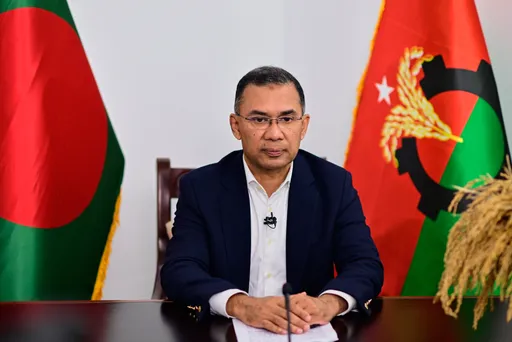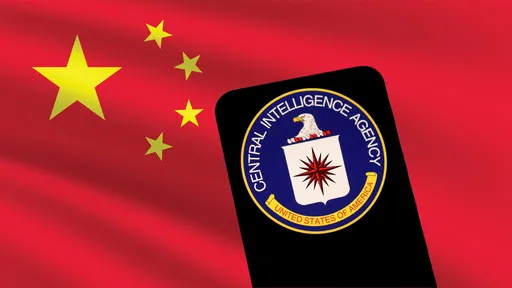If the reports are accurate, then Pakistan is in a fix.
Saudi Arabia has reportedly turned down Islamabad’s bid to call a meeting of top Muslim diplomats on the disputed territory of Kashmir.
Pakistan is seeking an immediate session of the Council of Foreign Ministers (CFM) of the Organisation of Islamic Cooperation (OIC), considered one of the most important platforms where the 57-member body discusses important issues.
Indian media was quick to jump on the story with headlines saying how Pakistan has been ‘snubbed’ and ‘rejected’ by the Saudis.
“There’s been a shift in the body language of Saudi Arabia, the UAE and other Gulf countries in recent years,” says Khalid Rahman, the head of Islamabad-based think tank Institute of Policy Studies.
Both India and Pakistan control parts of the Himalayan region of Kashmir. But in August last year, New Delhi stripped autonomy from the territory, sparking protests amid fears that it will change the demography of the only Muslim-majority Indian state.
The region has been under a security crackdown and information blockade since August last year.
More than 12 million people are cut off from the rest of the world as internet service remains suspended for most of the time.
Pakistan has struggled to bring global attention to the plight of the Kashmiris. Saudi Arabia and the United Arab Emirates (UAE) - Pakistan’s long-standing allies - have not been persistent in their support over Kashmir, experts say.
“But it’s not only confined to Kashmir. It has to with their overall approach towards the region. Take Palestine for example, and you’d see that the old stance is not there,” Rahman says.
Saudi Arabia and the UAE, both heavily reliant on the United States military equipment, are locked in a conflict with Iran in Yemen and elsewhere.
“In that sense, it has become challenging for Pakistan to maintain international support for the Kashmir cause,” Rahman says.
Pakistani Prime Minister Imran Khan’s government faces criticism for failing to communicate to the world the atrocities of Indian soldiers in Kashmir, where thousands of people have been detained and blinded by the infamous ‘pellet guns’.
He’s also in a bind for being seen as subservient to the Saudis while not getting anything in return.
In December, Islamabad backed out of a meeting of Muslim leaders in Kuala Lumpur, Malaysia, after opposition from Riyadh, which saw it as a challenge to the Jeddah-based OIC.
Soon after, the Saudi foreign Minister Faisal bin Farhan visited Pakistan and in meetings with Pakistani officials indicated that a CFM on Kashmir would be held.
Khan, who travelled to Malaysia this month in what’s being seen as a make-up visit, expressed his annoyance over the indecision of OIC.
“The reason is that we have no voice, and there is a total division amongst [us]. We can’t even come together as a whole on the OIC summit meeting on Kashmir,” he said, speaking at a think tank.
Saudi Arabia, the richest Muslim country, exercises that leverage over other countries. Khan’s government has received billions of dollars in aid from Riyadh to avert a balance of payments crisis.
At the same time, the Saudis and Emiratis have reinforced economic and diplomatic ties with Indian Prime Minister Narendra Modi.
The Saudis gave a muted response when his government changed the status of Kashmir, and the UAE brushed it under the carpet, saying it was India’s “internal matter”.
And just days later, Abu Dhabi’s Crown Prince Zayed Al Nahyan conferred the highest civilian award to Modi.
Under Imran Khan, Pakistan also faced a setback in March 2019, when India was invited to an OIC session as an observer, something that Pakistan had successfully resisted since 1969.
The turmoil within
Economic and political issues, related mostly to bad governance, have also spilt onto Pakistan’s foreign affairs, analysts say.
Amir Zia, a Karachi-based senior journalist, said Pakistan completely misread Modi’s intentions. “We were saying that if a strong leader like him gets elected, he’d be in a better position to solve the Kashmir dispute. But the opposite has happened.”
In December, the Hindu nationalist Bharatiya Janata Party (BJP) government of Modi brought changes to its citizenship law that have essentially turned Muslims into second-class citizens and sparked widespread protests.
Zia is critical of Prime Minister Khan’s handling of the Kashmir crisis.
“By saying that he’s not in favour of any armed struggle in Kashmir, Pakistan has basically taken upon itself the responsibility for peace in occupied Kashmir.”
Pakistan must forcefully exert its age-old position that Kashmiris have a right to self-determination by “whatever means necessary,” he says.
“Expecting too much from the OIC or US President Donald Trump is futile. India has much more diplomatic firepower.”
Over the past year, Islamabad has tried to get Trump involved in the Kashmir dispute, much to the chagrin of New Delhi.
“Pakistan is racing against time. Within a few years, you’d see that India has turned a Muslim majority in Kashmir into a minority,” said Zia.
“History will remember Imran Khan as someone who didn’t do much when India was annexing Kashmir.”























